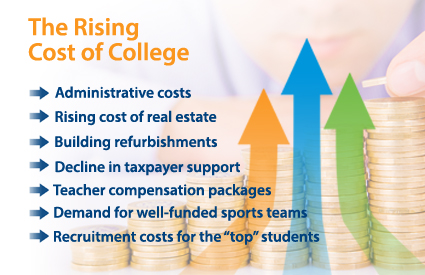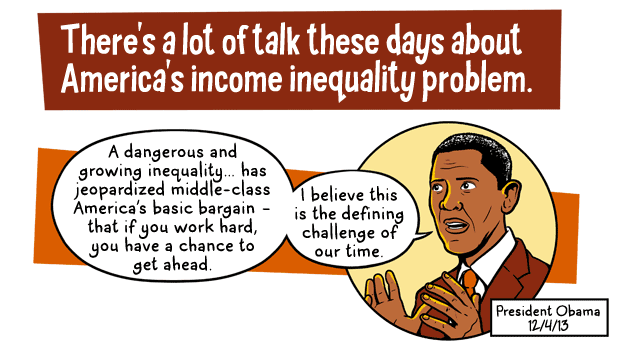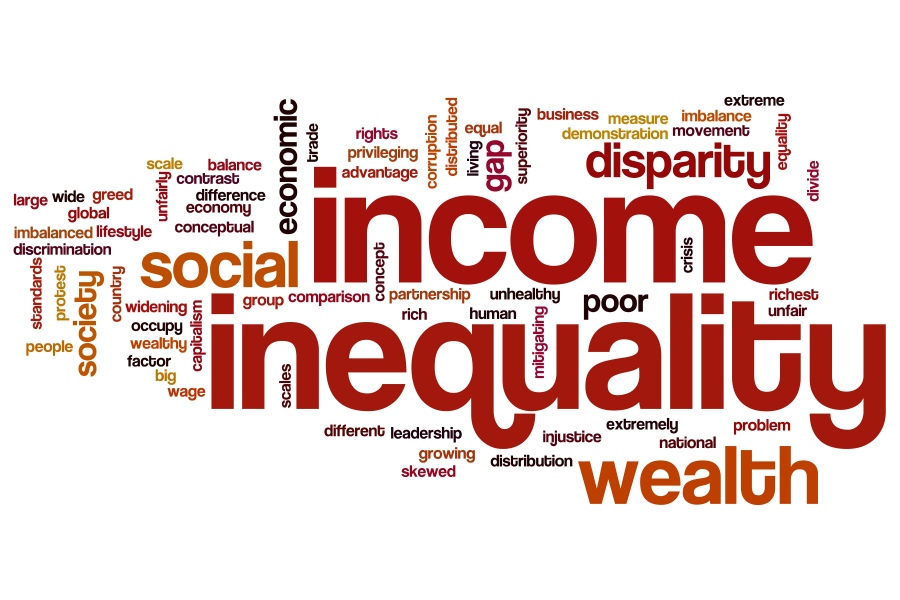Author: Brennan E. Wells;
There was once a time in the United States when African-Americans were not legally allowed to attend Predominantly White Institutions. Further, when the laws of the land were amended to allow African-Americans to attend PWIs, Jim Crow would not allow for the inclusion of African-Americans. And through the bravery of courageous African-Americans who blazed a trail for others to come behind them and attend PWIs, doors have been opened like never before. Affected along with this drive for equal rights that are due to all Americans are the effects on Historically Black Colleges/Universities.
Mindful of the knowledge that equality is not equity, HBCUs did not start off on the same foot with PWIs, yet are compared to them and compete with them. This should not be the case. Until HBCUs receive the equity that they deserve, HBCUs should not be in the same conversation as PWIs, because of the circumstances surrounding both types of higher education. Simply put, the effects of slavery alone should enable HBCUs to be a class all their own for comparison’s sake. What is more, is that what should be and what actually is are often two divergent realities, and this is the case with HBCUs and PWIs as well.

Continually, HBCUs strive to compete in the same form, and fashion as PWIs. Meaning large budgets dedicated to athletic departments, large expenditures for facilities, outsourcing to keep pace with student’s housing wishes, and diversifying incoming freshmen classes. Alcorn University goes so far as to open an office for diversity and global initiatives. Yet as HBCUs seek to keep pace with PWIs, the HBCU community fails to take one amazing idea and practice from Ivy Leagues, which is refusing to offer any academic or athletic scholarships to their students.
Yes, Ivy League schools do not offer merit scholarships to their students and this includes athletic scholarships. Part of the reason for this is because, admission into an Ivy League school is merit enough, the need-based financial aid packages cover those who cannot afford to attend the university without such aid, and a large percentage of the students at these select schools are apart of the top 1%. In turn, if HBCUs are to truly copy the practices of PWIs and paste them onto their own institutions, then the practice of not offering athletic and merit-based scholarships should apply as well.

I am sure, there are some who would argue that Ivy Leagues universities and HBCUs are worlds apart and I grant the skeptics that. However, should HBCUs depart from supporting athletics in their universities, combined with allocations from not offering merit scholarships to only need-based aid, coupled with state grants, federal grants, loans and aggressive investment of endowment funds such a change is reasonable. To that end, a compelling number of students attending HBCUs qualify for need-based aid in varying degrees. Factoring this in, HBCUs would have to establish metrics aside from what students qualify for from the federal government to disperse funds in an equitable manner.
HBCUs that would take up this charge and direct their institutions towards only need-based aid would send shock waves throughout Black higher education. Long gone would be the days of the academic elite widening the gap of inequality at HBCUs. By a widening gap of inequality I am speaking to the point that, students attending HBCUs with impressive grades would be the same students applying for external scholarships, being awarding merit scholarships (which in some cases covers a quarter, half, three quarters or all of tuition costs) , applying for both state and federal educational dollars if they qualify. This would leave students who are not as competitive on the outside looking in.
Most, if not all, HBCUs have some semblance in their mission statements concerning the need to educate “vulnerable populations”. What is more, to have a mission is one matter, to be able to support that mission is another matter. And often enough, supporting a mission centered on educating African-American youth means allocating funds to do so. Therefore, HBCUs should not extend merit nor athletic scholarships to their students.
The effects of doing so would decrease student inequality on campus, make available innovative ways to attack poverty on HBCU campuses like cost of living stipends, decrease student debt for the most vulnerable students, pivot the focus of an HBCU from athletic to academic, fashion a new prestige for the HBCU community, and release the reliance of HBCUs on bands and sporting events for revenue streams. HBCUs are rooted in tradition, but this not relieve HBCUs from adapting to change in profound ways.


